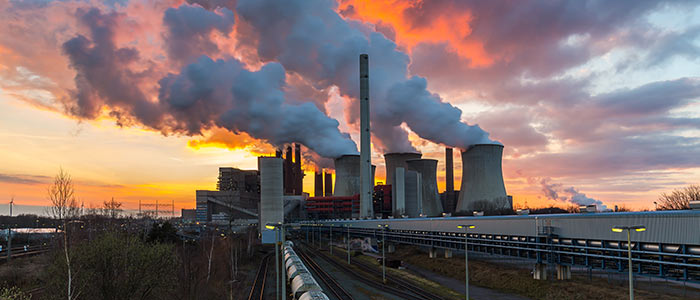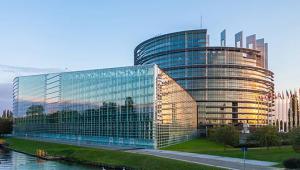Web_GreenhouseGasses_shutterstock_314808188.jpg

Greenhouse gas emissions
The measures are part of a wide-ranging energy policy package intended to help the bloc meet its commitments under the Paris climate change agreement.
It will set a binding target to reduce energy use by 30%, work to boost renewables and aim to mobilise up to €177bn worth of public and private investment per year from 2021, which it said could increase EU GDP by 1% over the next decade and create 900,000 new jobs.
However, the measures still need to be approved by the European Parliament and ratified at the member state level.
Miguel Arias Cañete, commissioner for climate action and energy, said the bloc is “on the brink of a clean energy revolution”, but can “only get [it] right if we work together”.
“Our proposals provide a strong market pull for new technologies, set the right conditions for investors, empower consumers, make energy markets better and meet our climate targets,” he said.
“The commission has cleared the way to a more competitive, modern and cleaner energy system. Now we count on member states to make it a reality.”
The package includes targets to phase out and replace dirtier biofuels and both encourage and ease the transition to renewables, which the commission wants to make up 27% of energy use by 2030.
However, the proposals also limit renewable energy producers’ rights to be the first to sell their electricity to the grid for new projects in countries where they already account for a large share.
Other measures include much tougher rules for a certain type of subsidy granted to producers to ensure backup they have supply reserves in case of blackouts, known as “capacity mechanisms”.
Competition commissioner Margethe Vestager said these mechanisms must not be “backdoor subsidies for a specific technology, such as fossil fuels” and should only be used if there is a “genuine need” for them.
Capacity mechanism subsidies will now have a CO₂ limit of 550 grams of CO₂ per kilowatt hour for power plants, for example.
But NGO coalition Climate Action Network Europe described the overall package as “lacklustre”, noting that the energy efficiency target has in fact only been increased by 3%, for example.
Wendel Trio, director of CAN Europe, said: “The commission missed an opportunity to put forward proposals that boost climate action in the EU, closing our eyes to our obligations under the Paris Agreement.
“The whole world is jumping on the renewables bandwagon, but the commission failed to propose strong laws to fast-track the switch from fossil fuels to renewables in the EU. We now count on the European Parliament and EU governments to raise the low targets and improve lenient rules.”
His colleague, Jean-François Fauconnier, CAN Europe’s renewables policy coordinator, said the commission had set weak rules to pander to “backward-looking member states, and harmful, outdated fossil fuels industries”.
In terms of financing, much of the money is set to come from or be mobilised by investments by the European Fund for Strategic Investments, which the commission is currently trying to scale up substantially after only a year in operation.
The commission announced this week that independent evaluations supported the case to increase the fund by €12bn. But auditors told PFI earlier in November that it is too early to draw conclusions on the success of the fund as data is still not comprehensive enough.













